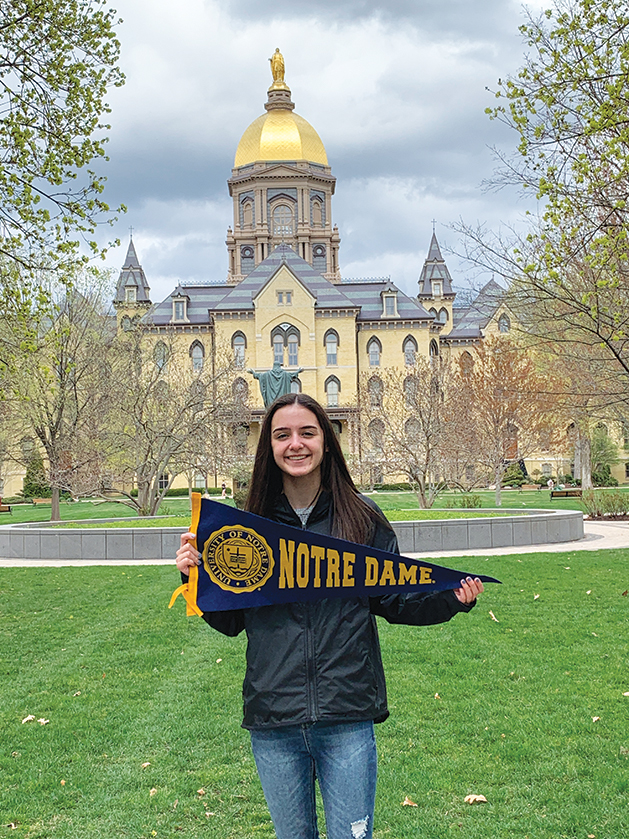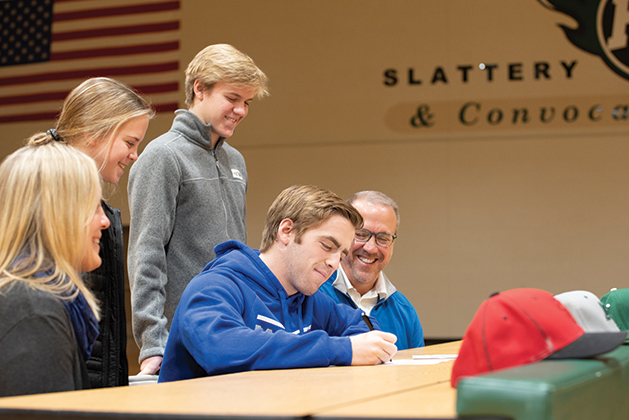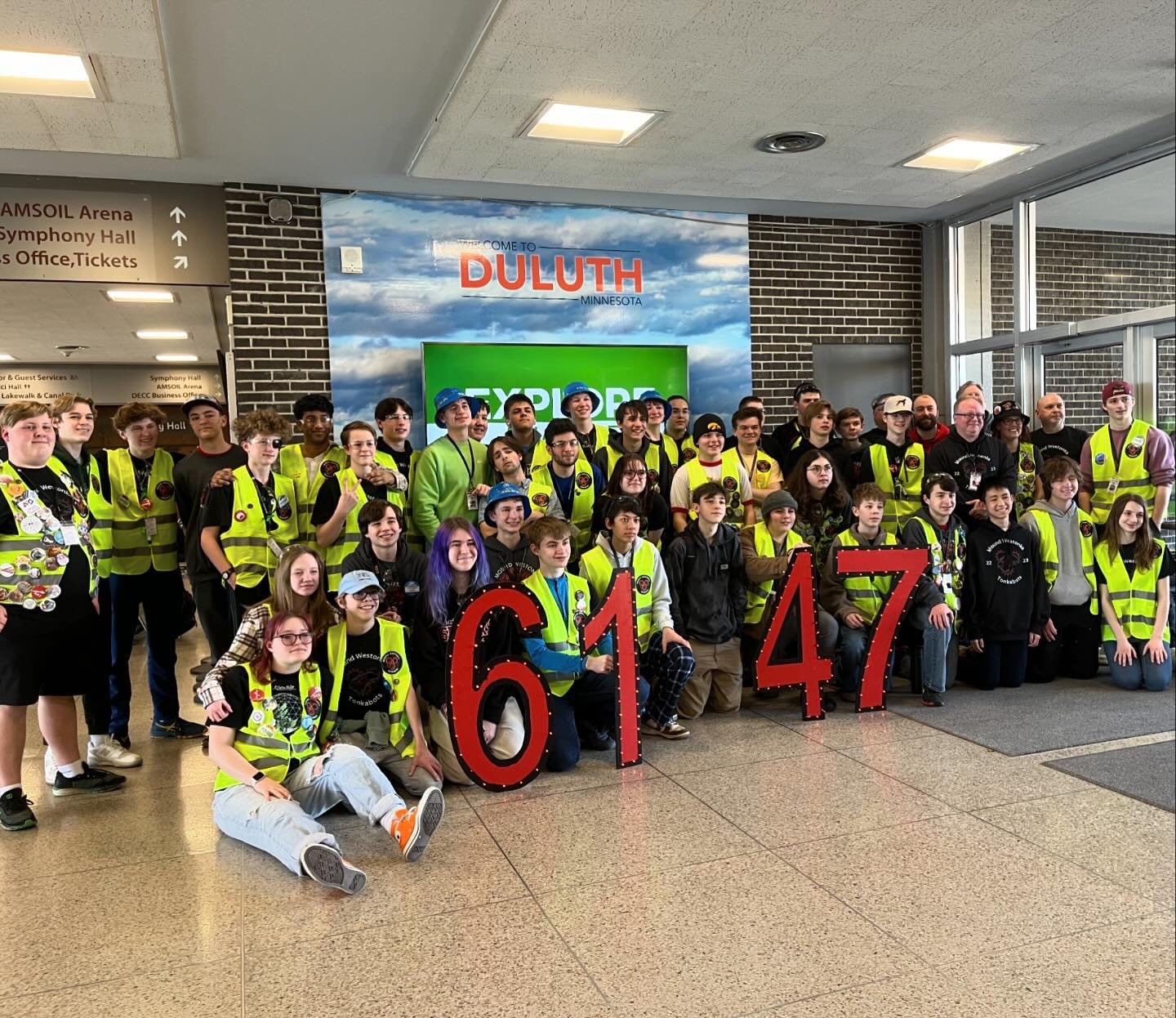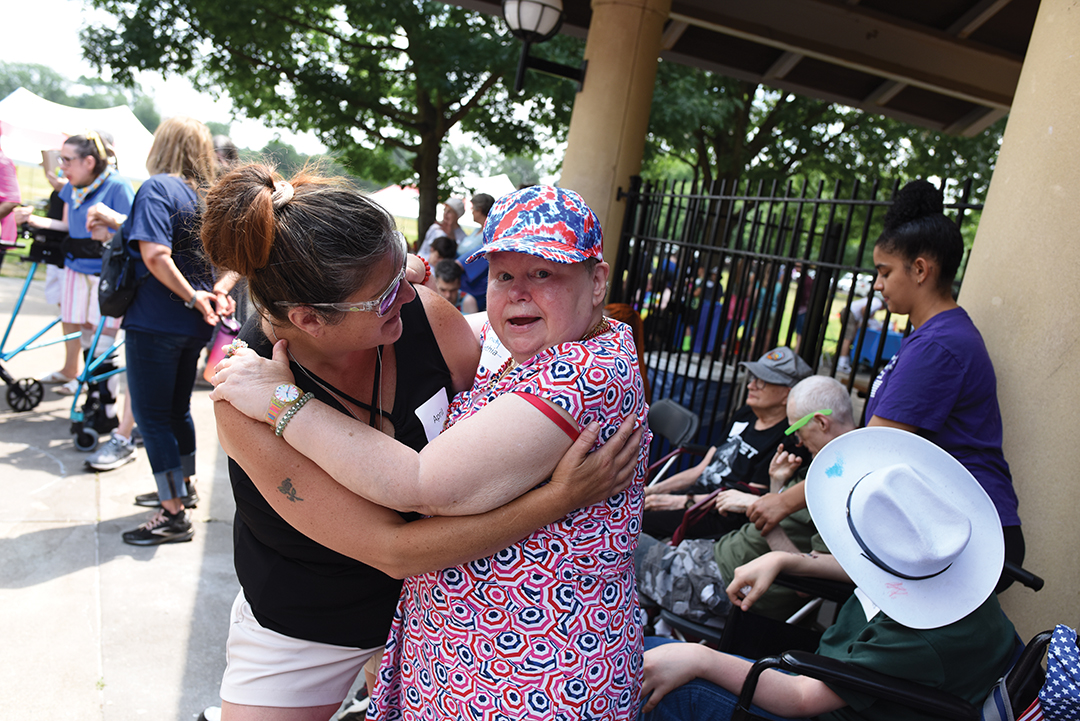
Lauren Taylor of Shorewood is set to attend the University of Notre Dame. She was this year’s valedictorian at Holy Family Catholic High School. Photos: Holy Family Catholic High School
University applications may look a bit different in 2021.
Planning for college can be an exciting time for families. But, like many other situations, the pandemic has changed the way students find their perfect university. No need to worry, local certified educational planner Kate Malczewski from College Connectors in Edina shares some tips to help ensure students and parents understand the new playing field.
Not all change is bad: The ACT and SAT exams have been used as common standardized college admission tests for many years. During the pandemic, some universities dropped standardized testing as an admission requirement, and since there had already been much debate about the fairness and reliability of these tests, these changes may be here to stay. Malczewski says, “What we’re hearing is that [standardized college admission tests like the ACT and SAT] are optional … I don’t think it’s a passing fad. I think COVID jumpstarted [this trend], which allowed schools to realize they can admit a successful class without a test score.”
Standing out from the pack: As admission requirements have shifted and colleges are looking more at a students’ overall body of work, a well-rounded application can help students stand out from the crowd. Malczewski points out that interviews, essays, recommendations and extra components of an application are measured to holistically evaluate a student’s abilities. She suggests looking into what each prospective school requires and focusing on those elements for each application.

Minnestrista’s Carver Kasper, who graduated from Holy Family, signs his National Letter of Intent to play baseball for Rockhurst University.
Don’t skip class just yet: Grades still play a key part in any application. According to Malczewski, there is a renewed interest in students’ overall grades to determine the kind of college student they will become, and by and large, transcripts, coursework grades and academic rigor are what schools evaluate to determine whether to admit a student. But Malczewski points out that applicants need not worry about the way COVID may have affected transcripts through many schools’ use of pass/fail grading or altered scheduling from hybrid and distance learning since virtually all students’ applications will reflect these changes, and colleges are aware of these situations.
Making up for lost time: One of the biggest concerns for many students and parents has been the loss of activity time, volunteering and other extracurricular activities due to the pandemic. Malczewski says, “Some of the students I have worked with have written about how they have been able to participate in activities in a different way by rethinking the way in which they can connect with people through this season of distance. This is one approach to reworking your application in light of COVID by demonstrating your ability to adapt well to change.” Malczewski also suggests writing about a hobby students may have picked up during quarantine or something they discovered about themselves during this unique time of reflection.






















